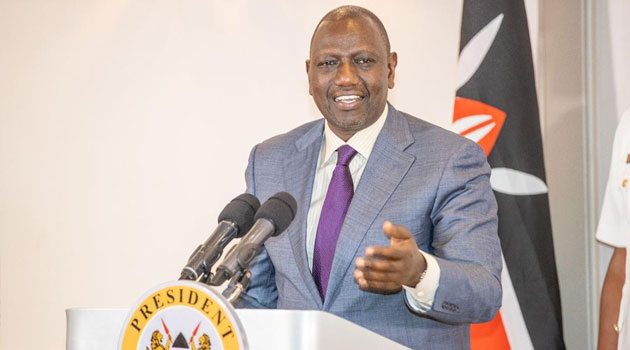Gospel singer Israel Mbonyicyambu’s inspirational musical career has been shaped by his journey from the Democratic Republic of the Congo to Rwanda’s mountainous terrain.
His path, characterized by passion and faith, never ceases to uplift and inspire, utilizing music’s ability to transcend cultural boundaries and unite people.
Mbonyi, who was born on May 20, 1992, to a Congolese mother, was raised in the Congo before his family moved to Rwanda.
He was raised in this place, surrounded by the rich spiritual and cultural legacy of his new home.
“I am a Congolese, Rwandese,” Mbonyi proudly said in an interview three months ago on Rwanda TV.
“My mother is Congolese, and though I was born and spent two years there, my entire life has been in Rwanda. I minister and preach the gospel through music.”
Fluent in Lingala and Kinyarwanda, and with some proficiency in Swahili, French, and English, Mbonyi’s linguistic versatility helps him reach a broader audience.
His musical journey began in church, nurtured by a Christian family.
“Growing up in church, my parents would drive me there, and I embraced the African culture and learned the ropes of church life,” he said.
Encouraged by his pastor, who recognised his talent, Mbonyi joined the church choir.
“A voice said, ‘Mbonyicyambu (to cross over to the other end) you will be a bridge for many people to reach their destination. I see myself as a preacher given a microphone to preach through music,” said Mbonyi.
Mbonyi’s music, characterised by inspirational lyrics and rich melodies, has resonated with many, making him a beloved figure in the Rwandan gospel music scene.

His albums, such as Number One (2014), Intashyo (2017), Hari Ubuzima (2020), and Mbwira (2022), have garnered acclaim and a loyal fan base beyond Rwanda, especially in Kenya.
Mbonyi’s decision to sing in other languages including English and Swahili has expanded his ministry’s reach.
This followed a performance in France, where an audience member, moved by his melodies, sought to understand the meaning of his songs.
One of his notable tracks, Nina Siri, features lyrics in Swahili: Nina Siri naye Yesu, yanifanya niwe jasiri (I have a secret with Jesus that makes me bold).
“I wanted to expand my territory and enlarge the ministry to reach more people out of Rwanda. I can’t keep things local,” he explained.
“I will keep singing in my mother tongue but want more people to get the message in my songs,” Mbonyi said.
Mbonyi’s commitment to his craft is evident not only in his singing but also in his instrumental skills, including playing the guitar.
He fondly recalled his schooling a decade ago and the challenges he faced.
Israel Mbonyi [Facebook]
“Many people didn’t understand what I was doing and urged me to wait until I grew older to know more. But I feel called to do this now.”
Rated among the most influential figures in Rwandan gospel music, the singer-songwriter continues to make waves.
His album Mbwira, performed in Kinyarwanda, was voted East Africa’s best album in the 2020 Maranatha Awards, amassing over two million YouTube views.
Songs like Karame, Nzaririmba, Urwandiko, Nkwiye kurara iwawe, You Won’t Let Go, Baho, Umukunzi, and Imuhira further showcase his musical prowess.
The time has come for us to worship together,” he said, eagerly anticipating his first concert in Nairobi on August 10, as part of the Africa Worship Experience.
Beyond music, Mbonyi holds a degree in Pharmacy from India and is nearing the completion of a master’s degree in public health.
In a 2022 interview, he expressed his openness to a career in public health if he were not fully committed to his music ministry.
Mbonyi’s work in the gospel music industry has been recognised with nominations and awards including Groove Awards Rwanda titles for Male Artiste of the Year and Songwriter of the Year in 2017.
He also received nominations at the 2020 African Entertainment Awards USA and in 2023 he scooped the Male Artiste of the Year and Best Gospel Artiste of 2023 at Rwanda’s local Isango Na Muzika Awards.






